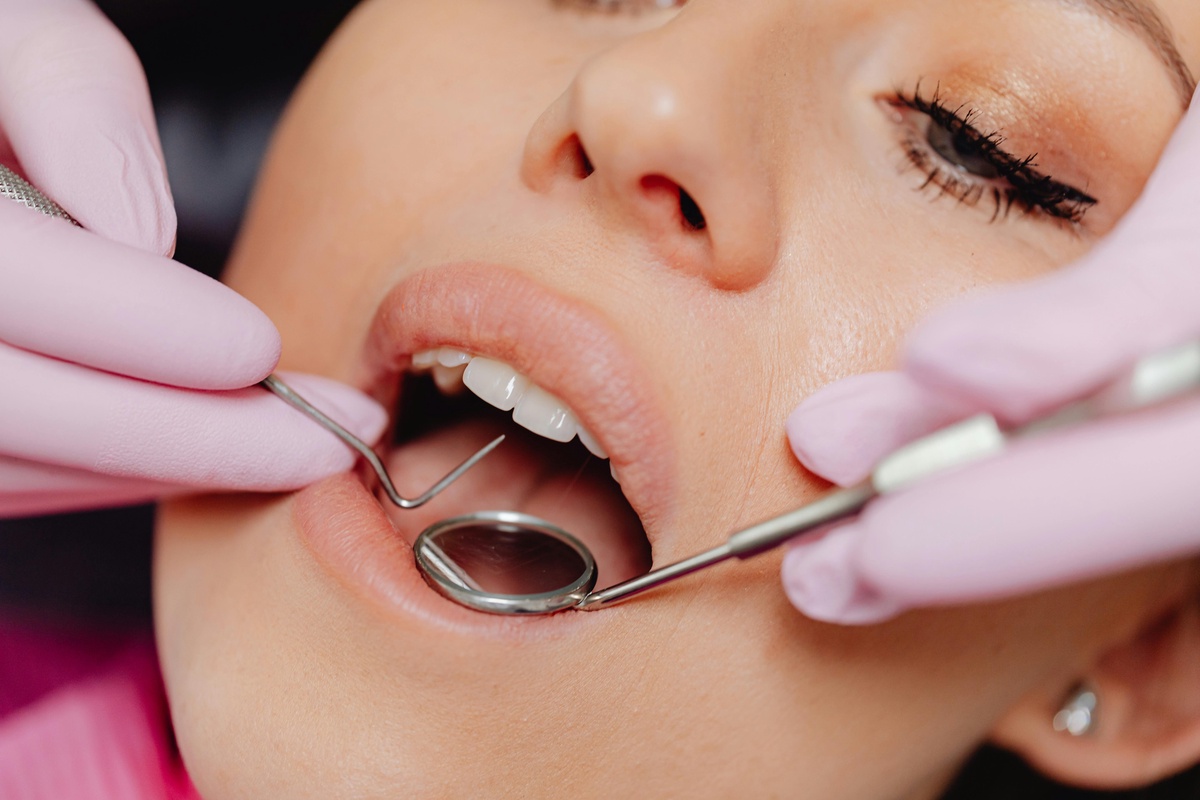Wisdom teeth removal is a common dental procedure that many individuals undergo at some point in their lives. While the thought of having a tooth extracted can be daunting, proper preparation can help alleviate anxiety and ensure a smoother recovery process.
In this comprehensive guide, we will walk you through everything you need to know to prepare for emergency wisdom teeth removal, from what to expect before the procedure to how to care for yourself afterward.
Understanding Wisdom Teeth
Before delving into preparation tips, it's essential to understand what wisdom teeth are and why they may need to be removed. Wisdom teeth, also known as third molars, typically emerge in the late teens or early twenties. However, not everyone develops wisdom teeth, and for those who do, they may not always erupt properly.
Signs That Wisdom Teeth Need to Be Removed
There are several indications that may suggest the need for wisdom teeth removal:
- Pain or discomfort: Persistent pain in the back of the mouth, jaw, or surrounding areas could indicate problems with wisdom teeth.
- Impaction: If the wisdom teeth are unable to fully emerge from the gums, they may become impacted, leading to pain, swelling, and infection.
- Crowding: Wisdom teeth can cause crowding or shifting of other teeth as they attempt to erupt, potentially affecting the alignment of your smile.
- Infection: Partially erupted wisdom teeth can create pockets where bacteria can accumulate, leading to infections such as pericoronitis.
Preparing for Wisdom Teeth Removal
Consultation with a Dentist or Oral Surgeon
The first step in preparing for wisdom teeth removal is to schedule a consultation with a qualified dentist, oral surgeon, or emergency dental care clinic like DentUrgent. During this appointment, the dental professional will assess your oral health, take X-rays to evaluate the position of your wisdom teeth, and discuss the details of the procedure with you.
Discuss Anesthesia Options
Wisdom teeth removal can be performed under local anesthesia, IV sedation, or general anesthesia, depending on the complexity of the extraction and your personal preferences. Your dentist or oral surgeon will explain the anesthesia options available and help you choose the most suitable one for your needs.
Arrange Transportation
Since anesthesia is commonly used during wisdom teeth removal, it's important to arrange for transportation to and from the dental office or surgical center. You will not be able to drive yourself home after the procedure, so be sure to enlist the help of a friend or family member.
Stock Up on Soft Foods
After wisdom teeth removal, your mouth may be sensitive, making it difficult to chew hard or crunchy foods. To ensure a smooth recovery, stock up on soft, easy-to-eat foods such as soups, yogurt, mashed potatoes, smoothies, and applesauce.
Prepare a Recovery Area
Create a comfortable recovery area at home where you can rest and recuperate following the procedure. Gather soft pillows, blankets, and entertainment such as books, movies, or music to help pass the time during your recovery.
Day of the Procedure
On the day of your wisdom teeth removal, follow these tips to ensure a successful outcome:
- Arrive on time: Be punctual for your appointment to allow sufficient time for pre-operative preparations.
- Follow pre-operative instructions: Your dentist or oral surgeon will provide specific instructions to follow before the procedure, such as fasting requirements.
- Wear comfortable clothing: Choose loose, comfortable clothing that will allow you to relax during the procedure and make it easier to place monitoring devices.
Aftercare Tips
Following wisdom teeth removal, it's essential to take proper care of yourself to promote healing and prevent complications. Here are some aftercare tips to keep in mind:
- Manage pain and swelling: Use prescribed pain medications and apply ice packs to reduce swelling and discomfort.
- Follow dietary recommendations: Stick to soft foods and avoid hot, spicy, or crunchy foods that may irritate the surgical sites.
- Practice good oral hygiene: Gently brush your teeth and rinse with warm saltwater to keep the extraction sites clean and free from infection.
- Attend follow-up appointments: Schedule and attend follow-up appointments with your dentist or oral surgeon to monitor your healing progress and address any concerns.
Conclusion
Preparing for wisdom teeth removal doesn't have to be daunting. By understanding the process, following pre-operative instructions, and taking good care of yourself afterward, you can ensure a smoother recovery and minimize the risk of complications. Remember to consult with your dentist or oral surgeon for personalized advice and guidance tailored to your specific needs.


No comments yet